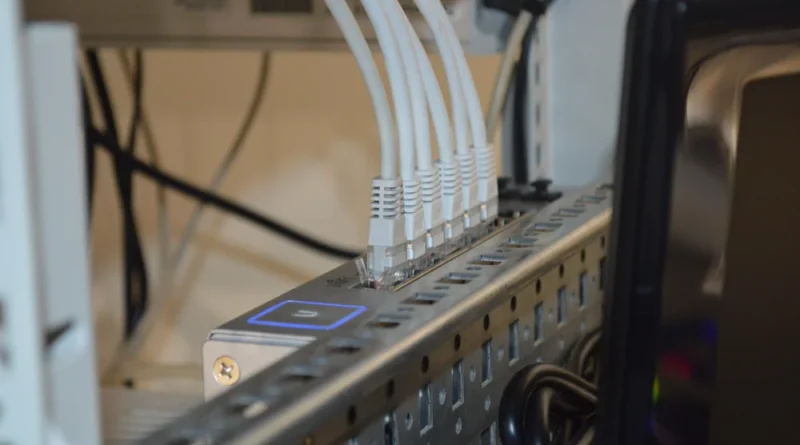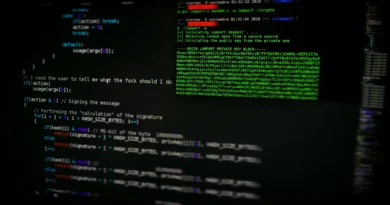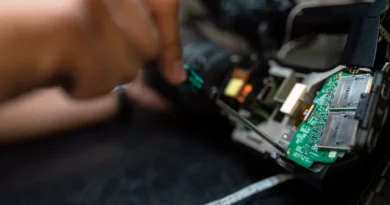What is Private Internet Access?
Users are increasingly turning to virtual private networks (VPNs) to protect themselves from cybercriminals and protect their privacy in light of a rise in assaults on major businesses. Further, know everything about private internet access.
A virtual private network (VPN) protects users’ online activity by masking their IP addresses, encrypting data in transit across networks, and blocking third-party surveillance. You may unblock videos that are normally unavailable in your region by using the VPN’s high-speed video streaming feature, which is offered by many services.
Although not the only VPN service out there, this article will focus on Private Internet Access.
The Development of Secure Online Communication
Private Internet Access was founded in 2010 by Andrew Lee and the management team of London Trust Media. Lee founded the firm out of a need to normalise the concept of privacy. In the wake of its acquisition by Kape Technologies, PIA had to convince its clientele that data privacy and security would remain among the company’s highest objectives.
Due to Private Internet Access VPN’s no-logging policy, the company will not be able to keep track of any of your information. Features like ad blocking and kill switch protection, which prohibits access to malicious websites, further reduce the risk of data leakage.
You can add extra devices for a price, but the base limit is ten. If you have any questions or concerns, the Private Internet Access VPN support team is here 24/7 to help you out.
In what ways does a VPN protect its users?
Modular Encryption
In most cases, a VPN provider will mandate a certain encryption speed cap for their users. This approach may be foolproof for ensuring everyone’s safety, but it leaves very little room for personalization. Your information will be safer if a higher encryption rate is used. This precautionary measure may, however, slow things down. Those of you with modern, robust gear should be fine most of the time, but the extra load can be fatal for older machines.
Top encryption techniques employed by PIA VPN include OpenVPN, the unbreakable AES-256 cypher, and Perfect Forward Secrecy. In fact, it’s one of the safest and most discreet VPN options out there.
Keeping No Records
The service’s dedication to user anonymity is a major selling point for Private Internet Access. The PIA has a strict no-logs policy. PIA places a premium on ensuring the security and anonymity of its users at all times. In place of storing user browsing history on hard drives, we use a special null device. Because it is an immaterial medium, information transmitted through it will be ignored. As soon as information is stored on a null device, it cannot be retrieved. This allows PIA to maintain its no-logs policy.
Cut Off Device
Private Internet Access has a kill switch in the dashboard’s settings. With a kill switch activated, your data will not be exposed if your VPN connection drops for even a minute. This virtual private network (VPN) also makes use of an innovative method for preventing trackers, malware, and ads from accessing particular websites. This option, known as PIA MACE, may be found in the configuration menu, just next to the kill switch.
Location of Servers
Over 33,000 servers in 78 countries make up Private Internet Access’s current network. This distribution of servers over many geographic areas is enough for the vast majority of customers. According to their website, Private Internet Access VPN is always trying to expand their server network, so if you’re interested in the most recent developments, you should check there.
Speed
Private Internet Access offers a VPN service that is among the quickest available. In addition to the speed and reliability of OpenVPN, you also benefit from the use of the performance-optimized WireGuard protocol.
PIA also offers access to its global network of cutting-edge VPN servers, each of which is capable of delivering speeds of up to 10 Gbps. Because there are no bandwidth limits, PIA has over 33,000 servers in 78 locations, and split tunnelling is available, you may surf the web and stream videos at lightning speed.
Conclusion
By itself, PIA’s Virtual Private Network (VPN) is reliable. Good security measures are in place, however obfuscated server support is lacking. Speeds are erratic, but typically decent for a VPN. As most users will never change their default connection, any slowdowns should be negligible for the vast majority of clients. As there are so many other VPN services to choose from, we find it hard to recommend PIA. At times, you’ll need more than just a private connection to the web.



